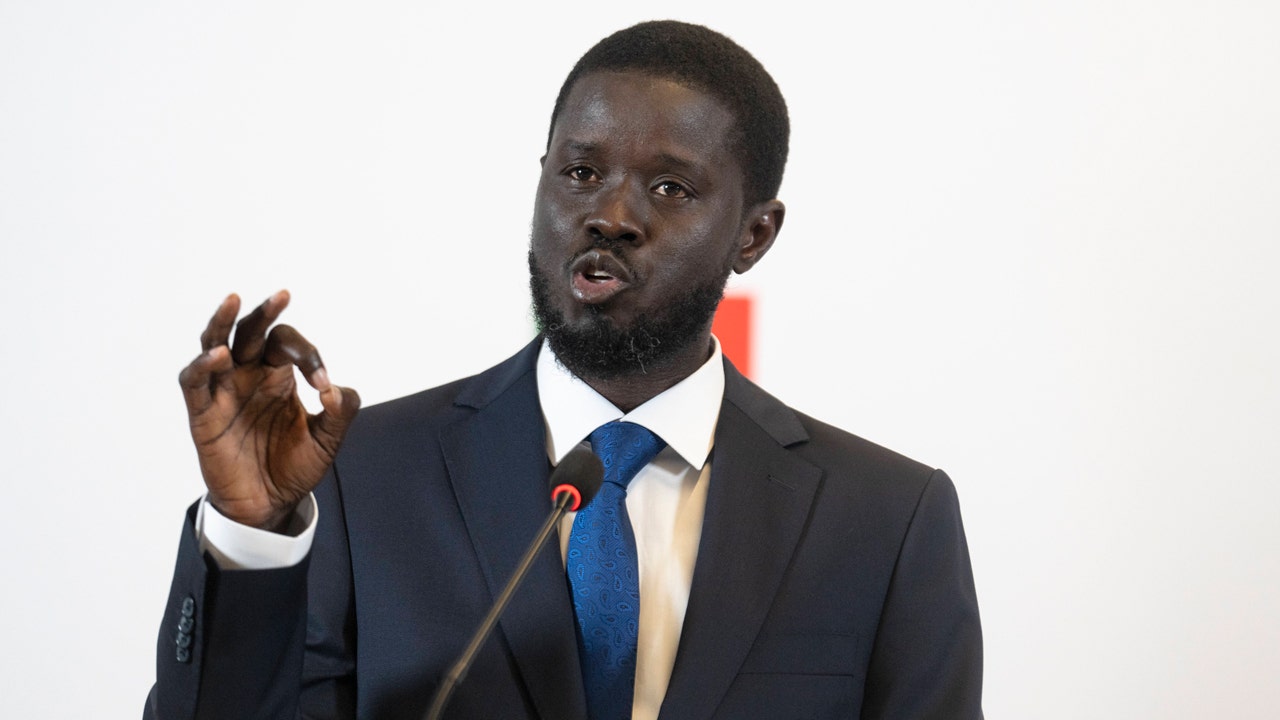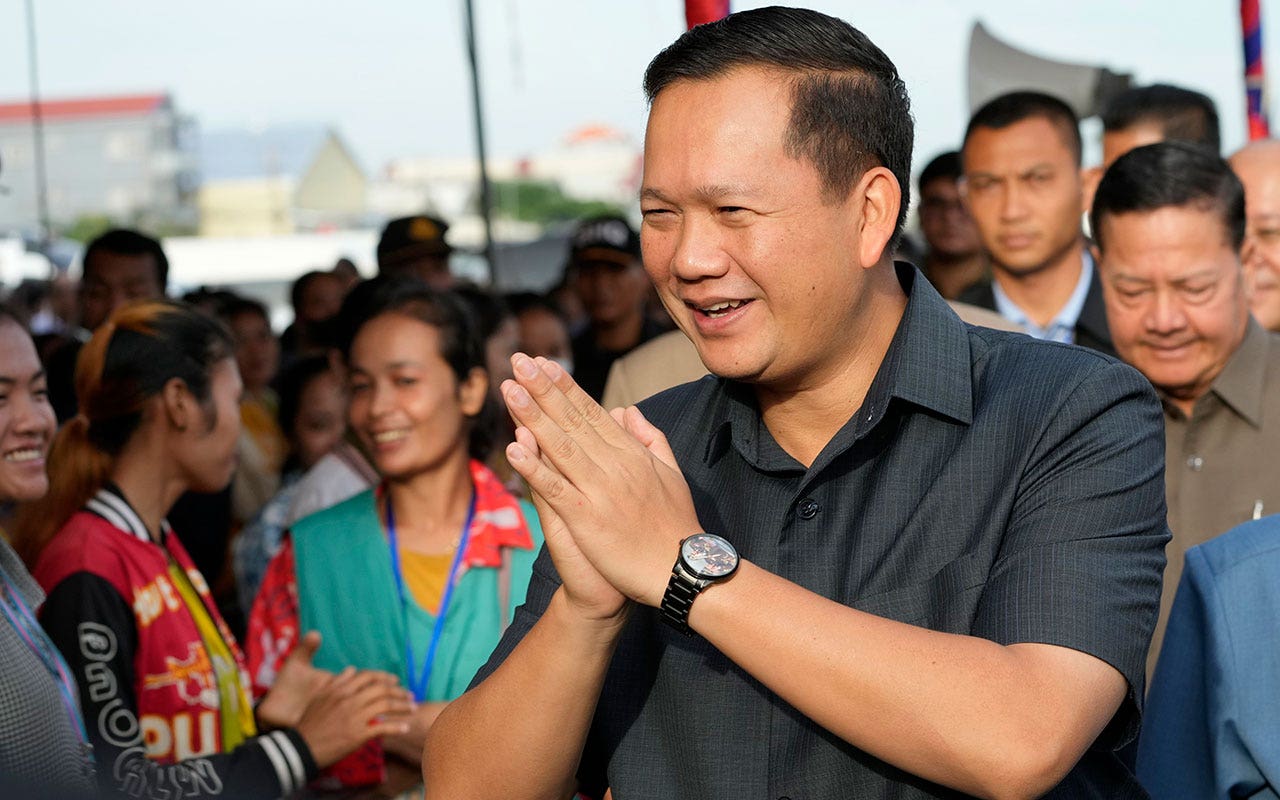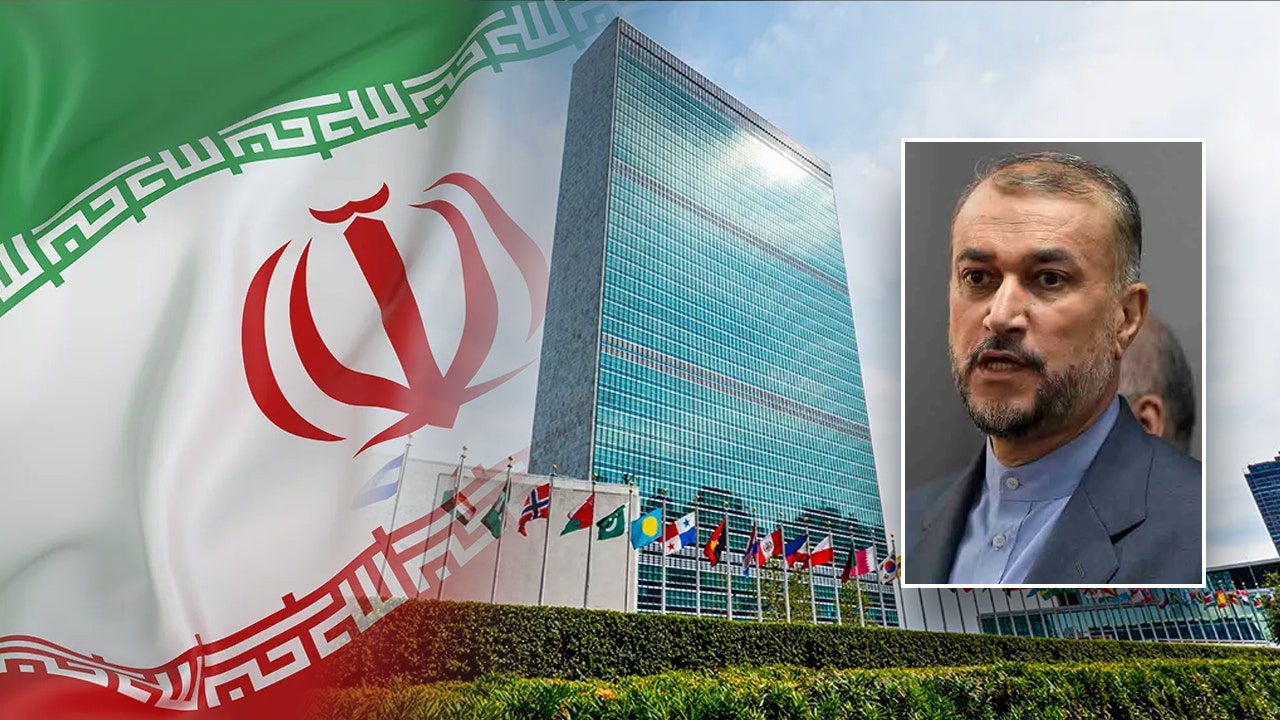Vietnam’s Communist Party has ruled the country for nearly half a century, often priding itself on unity and longevity. It is one of the world’s last remaining Communist dictatorships.
It has also become one of Asia’s fastest growing economies and a pivotal player in the growing U.S.-China rivalry and has been adept at balancing its interests between the two powers. In recent years, many foreign companies and investors have flocked to Vietnam, which has touted its political stability in presenting itself as an alternative to China as a manufacturing hub.
But the announcement Wednesday that President Vo Van Thuong had resigned, the second president to step down in a little over a year amid allegations of corruption, has undercut that message of stability even though the post is largely a ceremonial one. The resignation could spook investors.
Here is what you need to know about Vietnam’s leadership:
Who is the person in charge?
Unlike China, Vietnam, a country of 99.5 million people, does not have a paramount leader. Instead it is governed by “four pillars” of leadership: the general secretary of the Communist Party, the president, the chairperson of Parliament and the prime minister.
Power largely resides with Nguyen Phu Trong, the Communist Party head, who is serving an unprecedented third five-year term as party chief.
How are the leaders chosen?
The Communist Party selects its leadership every five years during a party congress. Delegates elect a 200-person Central Committee, which then votes on the membership of the Politburo, the top decision-making body of the party. The Politburo, now made up of 18 members, selects the “four pillars” of leadership. All of this decision-making process is highly opaque.
After the previous president, Nguyen Xuan Phuc, resigned in January 2023, the Central Committee held an extraordinary meeting two months later, introducing Mr. Thuong as president. Both stepped down, the authorities said, after violating the Communist Party’s rules, a euphemism for corruption.
Even so, the key issue in Vietnam’s elite politics remains the selection of a replacement for Mr. Trong, who is 79 years old and in ill health. He has not declared a successor yet and analysts say jockeying has now begun for the next leadership transition in 2026.
What is life under such leadership like?
Vietnam has emerged as one of Asia’s economic success stories. Starting in the mid-1980s, Communist Party leaders enacted policies that transformed the largely agrarian economy into a global manufacturing hub. In recent years, it has been a big beneficiary of the U.S.-China trade war, and the harsh coronavirus restrictions imposed by Beijing as foreign manufacturers hunted for a supply-chain alternative to China.
Nike, Lululemon and Adidas make their apparel in Vietnam; Apple’s suppliers are now looking at making the brand’s watches and MacBooks there too.
But Vietnam remains one of Asia’s most repressive countries. Freedom of speech and freedom of assembly are highly restricted, with critics of the government often being imprisoned. More than 160 people are currently locked up in Vietnam for exercising their basic rights, according to Human Rights Watch. Many of them are journalists, bloggers and environmentalists who have been imprisoned for expressing dissenting views.






